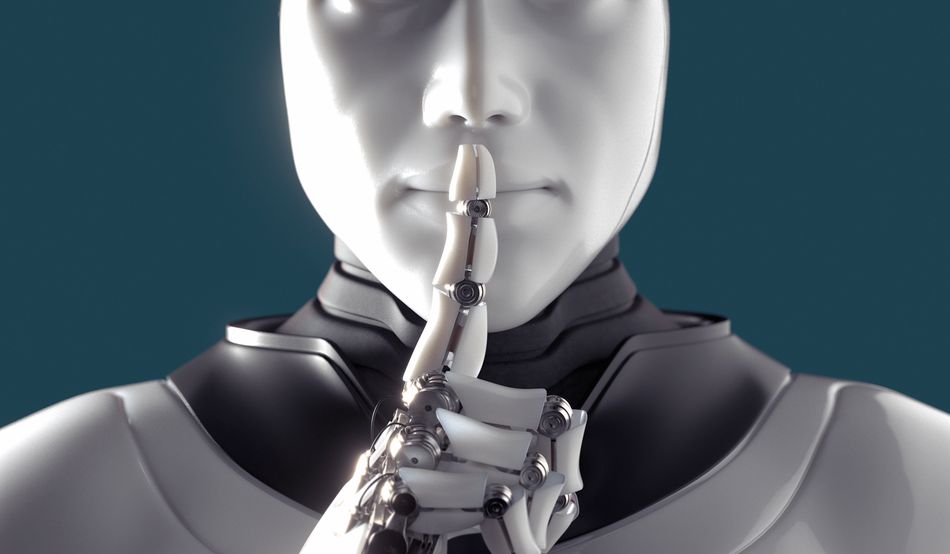
MIT Stone Center on Inequality & Shaping Work
@MITshapingwork
Economics research to revitalize labor market opportunities for workers without a college degree. Led by @DAcemogluMIT, @davidautor and @baselinescene.
The MIT Shaping the Future of Work Initiative is now the James M. and Cathleen D. Stone Center on Inequality and Shaping the Future of Work. Hear from our co-directors @DAcemogluMIT, @davidautor, and @baselinescene about our mission and goals for the years ahead.
To predict how AI will impact jobs, co-director @davidautor explains, we need to understand how it changes the expertise required for an occupation. "It's very possible that AI will change who can do certain types of work."
"China has moved way up the value chain." Co-director @davidautor appeared on @CNBC to discuss the threat of a China Shock 2.0 and how the US should respond. youtube.com/watch?v=g0q-t2…
In a lecture last month at @Wheeler_LBS, director @DAcemogluMIT previewed ideas from his forthcoming book on remaking liberalism in an age of inequality, AI, and political polarization. Watch the recording: youtube.com/watch?v=k23Stn… Read an event summary: wheelerblog.london.edu/remaking-liber…

Co-director @davidautor explains findings from his new research with @ProfNeilT. Automation (including AI) can make a job more or less "expert," raising or lowering wages, depending on the nature of the tasks it removes and/or creates. Watch the full clip: youtu.be/1lOOKvufS4w
In @nytimes, co-director @davidautor and @gordon_h_hanson argue that the Trump administration's economic policies are fighting the last war. In the meantime, China is making rapid advancements and threatening US leadership in innovative, high-tech sectors. nytimes.com/2025/07/14/opi…

Will AI take over the smartest part of your job, or just the boring bits? A recent FT article highlights @davidautor's recent research on how automation can raise or lower expertise across jobs. ft.com/content/b67bcb…

Why are some countries rich and others poor? How do institutions drive prosperity — or inequality? @baselinescene unpacks these questions and more on this week's @planetmoney episode. npr.org/2026/01/01/125…

"One of the great challenges of our era is to figure out how to create tools, AIs, that support people using their expertise better and learning faster." Hear more from @davidautor on the Possible podcast with @reidhoffman and @AriaIrene: youtu.be/MGKUTVyqJlI
⭐ VoxTalks Economics NEW EPISODE ⭐ What is the value of human expertise when AI is automating many of the tasks we do at work? @davidautor @MIT tells @timsvengali that the evidence gives cause for optimism about the future of middle class jobs. Listen: podfollow.com/voxtalks
Join Prof. @DAcemogluMIT @MIT @MITEcon & Co-Director of @MITShapingWork on July 9, 5:00-6:00 PM ET for his keynote address on whether technological progress build shared prosperity during the 11th @ecineq conference co-hosted by @WorldBank & @GWtweets. wrld.bg/uv3R50WlXj6
"We’re not running out of jobs. We’re running out of workers." MIT Economist David Autor on how the rise of AI automation combined with declining birth rates will be one of the greatest challenges of our era.
In Prospect Magazine, our director @DAcemogluMIT argues that one key word is missing from the tech industry’s discussion about AGI: choice. 4 key choices could determine how AI will impact society, jobs, democracy, and geopolitics. prospectmagazine.co.uk/ideas/technolo…

This Wednesday, June 18 at 5:30 PM BST (12:30 PM EDT), co-director @DAcemogluMIT will deliver a public lecture at the #LSEFestival: Visions for the Future, exploring how we can reimagine and revitalize liberal democracy. Register to watch online: lse.ac.uk/Events/LSE-Fes…

A recent article from @StanfordHAI highlights insights from co-director @davidautor on how automation affects jobs — and why focusing solely on a job's exposure to automation misses the point. hai.stanford.edu/news/assessing…

We asked co-director @davidautor if he thinks US tariffs and trade policy signal the end of the globalization era. He explains: "I don't think globalization is over, but I think the US leadership of globalization may be over."